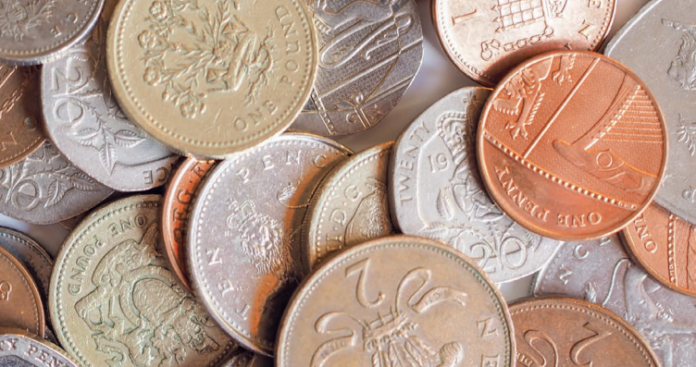February 2022
Teresa Clarke explains all you need to know about partnership appropriation statements and current accounts.
The appropriation statement is often referred to as the partnership appropriation account. It follows on from the statement of profit and loss for a partnership business and is the ‘sharing statement’ for the profits or losses of the business.
The layout of the appropriation statement will vary from partnership to partnership, so you need to be comfortable with different formats.
Example
Kenneth and Sidney are in partnership. The profit of the partnership for the year ended 31 March 2021 is £84,000.
The partners agreed the following:
Salaries:
Kenneth £20,000
Sidney £15,000
Profit share:
Kenneth 75%
Sidney 25%
Using this information, we can draw up the appropriation statement for the partnership.
Hint: Imagine that we have £84,000 in a ‘pot’ and need to share it out to the partners in the manner agreed.
We enter the net profit from the partnership as the profit for the year.
The salaries are deducted from this ‘pot’ to leave a residual or left-over profit which is shared in the profit share ratio agreed.
We are sharing the £84,000 in the way agreed between the partners
| Appropriation Statement | £ |
| Profit of the year | 84,000 |
| Salaries: | |
| Kenneth | -20,000 |
| Sidney | -15,000 |
| Residual Profit | 49,000 |
| Share of the profit or loss: | |
| Kenneth 75% | 36,750 |
| Sidney 25% | 12,250 |
| Residual Profit Share | 49,000 |
When the profit has been ‘shared’ or appropriated, we can enter these amounts into the partners’ current accounts. We enter these into the current accounts as money owed to the partners.
Remember: This is money we have calculated as owed to the partners, so this is a liability in their current accounts, so a credit entry. Credit entries show what the partnership owes the partners. Debit entries show what the partners have already taken – drawings, or the partners owe to the business, namely interest on drawings.
Current Account: Kenneth
| Dr | £ | Cr | £ |
| Bal c/d | 56,750 | Salary | 20,000 |
| Profit Share | 36,750 | ||
| 56,750 | 56,750 | ||
| Bal b/d | 56,750 |
Current Account: Sidney
| Dr | £ | Cr | £ |
| Bal c/d | 27,250 | Salary | 15,000 |
| Profit Share | 12,250 | ||
| 27,250 | 27,250 | ||
| Bal b/d | 27,250 |
The current accounts above show that Kenneth is owed £56,750 from the partnership and Sidney is owed £27,250 from the business.
In real life, the partners will have drawn money out during the year to live.
This would also be entered into their current accounts as drawings. The drawings would be debits as these reduce the amount of money that the partnership owes them.
Let’s assume that each of the partners took drawings out during the year of £10,000.
We can enter these drawings into their current accounts.
Current Account: Kenneth
| Dr | £ | Cr | £ |
| Drawings | 10,000 | Salary | 20,000 |
| Bal c/d | 46,750 | Profit Share | 36,750 |
| 56,750 | 56,750 | ||
| Bal b/d | 46,750 |
Current Account: Sidney
| Dr | £ | Cr | £ |
| Drawings | 10,000 | Salary | 15,000 |
| Bal c/d | 17,250 | Profit Share | 12,250 |
| 27,250 | 27,250 | ||
| Bal b/d | 17,250 |
You can see that the business owes Kenneth £46,750 as he has already taken £10,000 during the year. And the business owes Sidney £17,250 as he has also taken £10,000 during the year.
For more examples of partnership appropriation statements and current accounts, check out my workbook available from Amazon in both paperback and as an eBook. It gives lots of examples and tasks for you to complete, with fully worked answers. Go to https://www.amazon.co.uk/dp/B092P78Q8X
• Teresa Clarke, FMAAT




